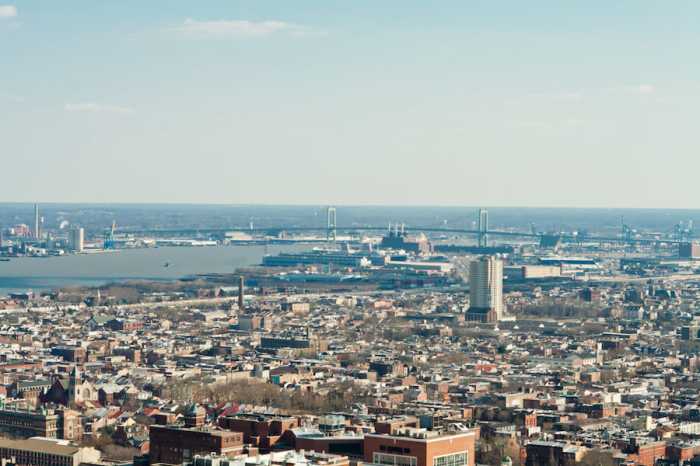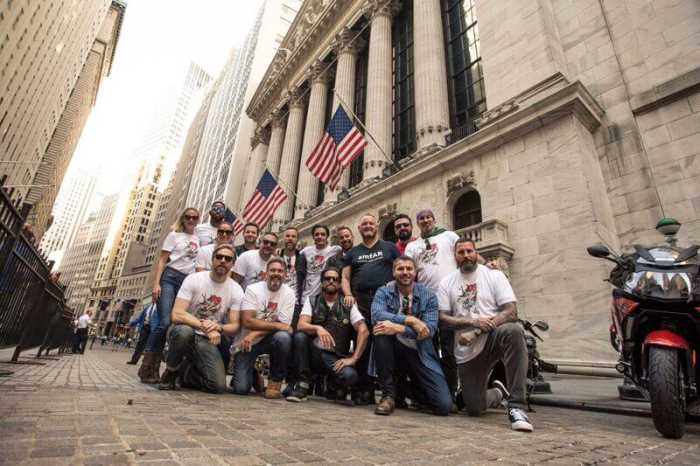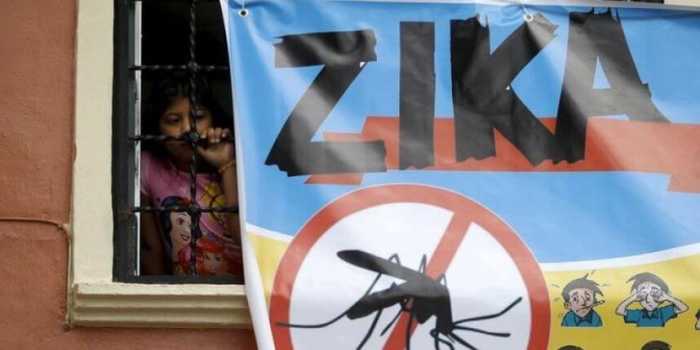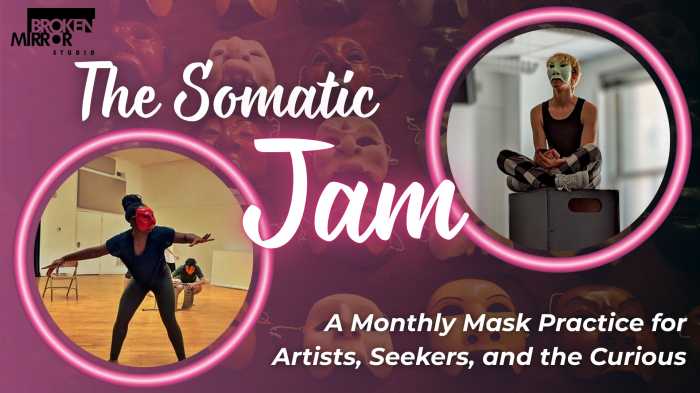Philadelphia this week publicly released data for the first time on the number of monkeypox cases in the city, as well as efforts to vaccinate those at high risk of contracting the virus.
As of Monday, 82 residents were considered to be infected with monkeypox, according to the city’s Department of Public Health. Only a handful of those cases have been confirmed through federal viral testing.
In Pennsylvania as a whole, there have been 161 confirmed cases, and 155 people have been infected in New Jersey, according to counts from the U.S. Centers for Disease Control and Prevention.
Philadelphia-specific case statistics will be updated every Monday, Mayor Jim Kenney’s administration said.
City health officials have said monkeypox vaccine appointments are “extremely limited,” with doses in high demand but short supply.
Of the 2,612 JYNNEOS vaccines allocated by the federal government to Philadelphia, less than 325 are still available, the health department data indicates.
Officials, in conjunction with federal authorities, have ordered an additional 2,420 doses and plan to request another 1,806 on Aug. 15.
Though the vaccine is supposed to be administered in two doses, the city, like other jurisdictions, is initially distributing only one shot to provide some immunity while supplies are low.
Right now, the health department is prioritizing vaccinations for people who have been exposed to someone with monkeypox. Those already infected cannot be vaccinated, city officials said.
As more doses arrive, city officials expect to be able to inoculate members of the LGBTQ community who have had multiple sexual partners; or believe they may have been exposed to a sexually transmitted disease; or have had an STD in the past three months.
Monkeypox is not considered an STD; however, the virus is spread through close personal contact, including intimate encounters.
The most recent outbreak has disproportionately affected gay and bisexual men, though the CDC says anyone exposed to a person infected with monkeypox is at risk.
In addition to touching, the disease can spread from sharing items like towels, bed sheets and clothing and through respiratory secretions, according to the CDC.
Most people who have monkeypox develop a rash that looks like pimples or blisters, and the sores may be located near the genitals or anus. The rash may occur before or after other symptoms, including fever, headache, muscle aches and swollen lymph nodes.
The virus is contagious until the rash has scabbed over and fallen off, a process that usually takes two to four weeks, according to the CDC.
Anyone in Philadelphia who has been exposed to monkeypox is encouraged to call the health department at 215-685-5488. Those who have symptoms should contact their healthcare provider.































